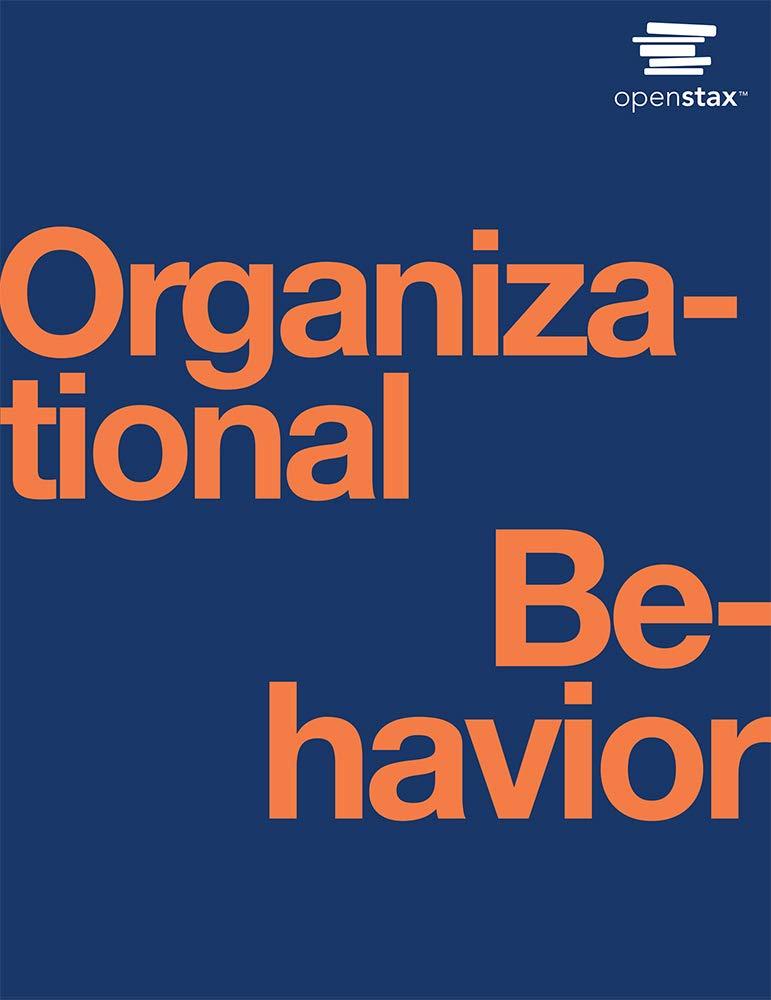Nine years ago, Uber revolutionized the taxi industry and the way people commute. With the simple mission
Question:
Nine years ago, Uber revolutionized the taxi industry and the way people commute. With the simple mission “to bring transportation—for everyone, everywhere,” today Uber has reached a valuation of around $70 billion and claimed a market share high of almost 90% in 2015. However, in June 2017 Uber experienced a series of bad press regarding an alleged culture of sexual harassment, which is what most experts believe caused their market share to fall to 75%.
In February of 2017 a former software engineer, Susan Fowler, wrote a lengthy post on her website regarding her experience of being harassed by a manager who was not disciplined by human resources for his behavior. In her post, Fowler wrote that Uber’s HR department and members of upper management told her that because it was the man’s first offense, they would only give him a warning. During her meeting with HR about the incident, Fowler was also advised that she should transfer to another department within the organization. According to Fowler, she was ultimately left no choice but to transfer to another department, despite having specific expertise in the department in which she had originally been working.
As her time at the company went on, she began meeting other women who worked for the company who relayed their own stories of harassment. To her surprise, many of the women reported being harassed by the same person who had harassed her. As she noted in her blog, “It became obvious that both HR and management had been lying about this being his 'first offense.'” Fowler also reported a number of other instances that she identified as sexist and inappropriate within the organization and claims that she was disciplined severely for continuing to speak out. Fowler eventually left Uber after about two years of working for the company, noting that during her time at Uber the percentage of women working there had dropped to 6% of the workforce, down from 25% when she first started. Following the fallout from Fowler’s lengthy description of the workplace on her website, Uber’s chief executive
Travis Kalanick publicly condemned the behavior described by Fowler, calling it “abhorrent and against everything Uber stands for and believes in.” But later in March, Uber board member Arianna Huffington claimed that she believed “sexual harassment was not a systemic problem at the company.” Amid pressure from bad media attention and the company’s falling market share, Uber made some changes after an independent investigation resulted in 215 complaints.
As a result, 20 employees were fired for reasons ranging from sexual harassment to bullying to retaliation to discrimination, and Kalanick announced that he would hire a chief operating officer to help manage the company. In an effort to provide the leadership team with more diversity, two senior female executives were hired to fill the positions of chief brand officer and senior vice president for leadership and strategy.
Critical Thinking Questions
1. Based on Cox’s business case for diversity, what are some positive outcomes that may result in changes to Uber’s leadership team?
2. Under what form of federal legislation was Fowler protected?
3. What strategies should have been put in place to help prevent sexual harassment incidents like this from happening in the first place?
Step by Step Answer:






